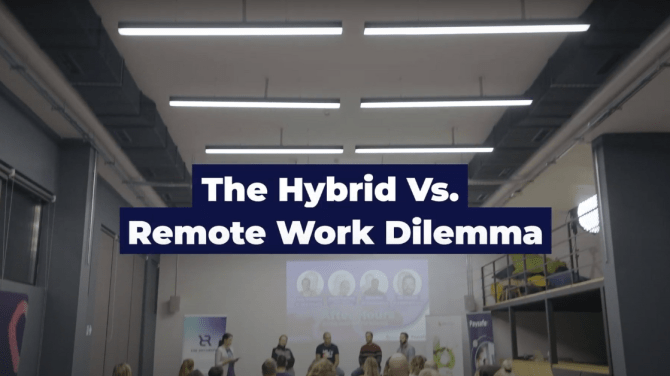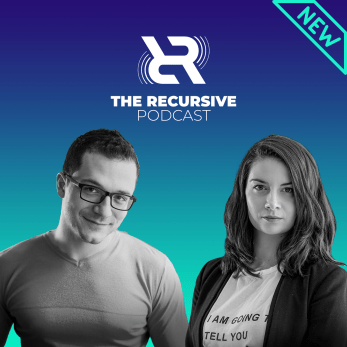The world is full of challenges, but for tech entrepreneurs, these present opportunities to drive progress and growth in different fields. Joining them are digital anthropologists who study the impact of technology on human behavior, culture, and society as a whole.
In this fast-paced world, where tasks pile up, AI competes to take over repetitive tasks, and new generations strive for work-life balance, the question arises: How can you innovate innovation? How can you disrupt in a sustainable way? Times of uncertainty are the perfect moments to seize new opportunities and better define workflows for yourself and your team.
Productivity in times of disruptive change
Enter Bucharest Tech Week, an annual conference that brings together international experts to share their innovative ideas in the heart of Romania. This year, I had the pleasure of picking the brains of digital anthropologist Rahaf Harfoush, whose presentation on “Thriving in Times of Disruptive Change” caught my attention on the conference’s agenda.
Harfoush is a professor of innovation and emerging business models and has authored several books exploring the intersection of technology and culture. She’s also the director of Red Thread, a think tank, and special projects agency focused on this intersection. She’s also offering a free LinkedIn course on “Humane Productivity: Burnout Proof Your Performance” until June 9th, as a teaser for her upcoming book which bears the same name.
Working less, but smarter
In our video interview, Harfoush shares her insights into driving innovation in the hustle culture by working less, but smarter. With this occasion, we explore her approach to teaching rapidly-changing subjects, interesting trends she’s seeing in the intersection of technology and culture, and her thoughts on the evolving definition of meaningful productive work in the AI era.
“AI is a good co-pilot,” she reveals, but “expertise is more important than ever.” We also delve into her views on workplace culture, the impact of breaks and well-being on innovation and growth, and how team members with different performance cycles can collaborate effectively.
As we navigate this ever-changing world, digital anthropologists like Harfoush’s insights can guide us on how to innovate and thrive in times of disruptive change with mindfulness and optimism towards a better future.





